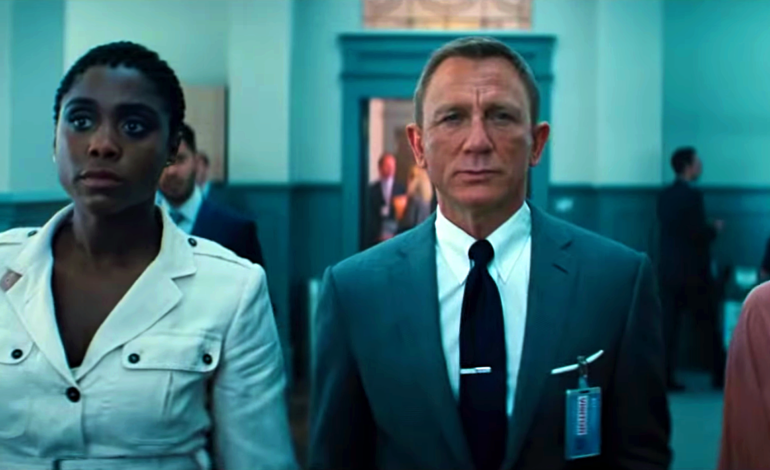

It is no secret that, coinciding with Daniel Craig’s farewell to the character, James Bond has had a hard time hitting theaters. Before No Time to Die became the first Hollywood release to be postponed due to coronavirus (launching a series of delays that will come to an end on October 8 in the United States), 007’s 25th movie has experienced all kinds of problems.
From Danny Boyle’s exit, to constant screenplay re-writes, through an injury to Craig that caused the shoot to go ahead without him for a few weeks. Cary Joji Fukunaga, Boyle’s final substitute, doesn’t mind acknowledging the chaos that this production has endured.
In fact, the closer to the premiere and the clearer it became, according to critics, that No Time to Die is a satisfying end to the Craig era, the more candid Fukunaga has been about the problems the shoot experienced. Some mishaps not especially new for him (Maniac, for Netflix, had to start filming before the script was finished), which he takes in stride and with a touch of humor.
“With Bond, we were still writing when we’d wrapped. I was even writing in post!” He assures. The No Time to Die script gave so much trouble that even at one point they decided to turn to Phoebe Waller-Bridge (Fleabag) to try to put some order to the chaos.
Fukunaga still felt comfortable on the set of No Time to Die. “The only set which was really ready to go was M’s office in MI6. I knew more or less in the outline that I made what I wanted to have happen in that section, but none of the body of the script had been written yet. Luckily, I was sitting there with some of the greatest actors in the world,” he recounts referring to a scene starring Ralph Fiennes and Ben Whishaw.
“I was writing dialogue that was intentional enough, but vague enough, that I could apply it to a number of different things happening in the third act. It was almost like a ‘Choose Your Own Adventure’ novel writing these pages: ‘If this happened here, and you have to go here, then this page will work for that,’” Fukunaga jokes for Esquire Middle East. An almost desperate job that, miraculously, came to fruition. “When we finally put the film together, it all made sense, somehow all fit together. But I’ll tell you a secret, that I think is okay now that we’re so close to release, there are pieces that Ralph Fiennes says in the trailer that neither Ralph nor I knew exactly what he was saying it for.”
